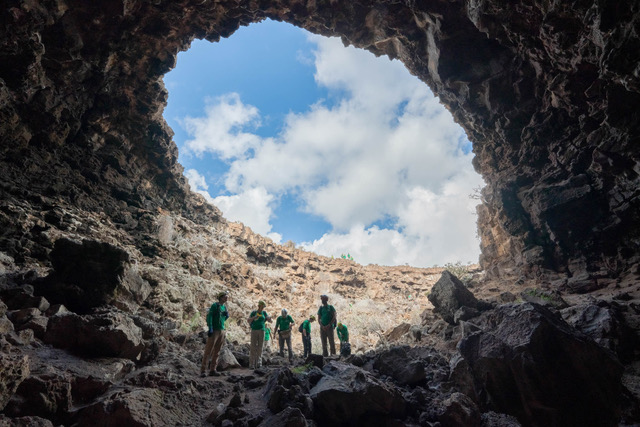
Thematic research :
HUMAN SCIENCES
An approach in human and social sciences
Overview
In the same way that heliocentrism and the theory of evolution have led modern societies to rethink the contours of human existence on Earth and in the kingdom of life, research into the origin of planets and life is renewing our conception of the place of humans in the universe, and paving the way for a new humanism. The humanities and social sciences provide a reflective look at the construction of interdisciplinary knowledge on life and its impact on contemporary societies.
Scientific
FRAMEWORK
The challenges
Research into the links between planetary formations and the emergence of life is having a decentring effect, altering our perception of the terrestrial environment. The discovery of thousands of exoplanets where the emergence of life appears a tangible possibility coincides with a growing awareness of the fragility of the ecological balance on planet Earth. This is an opportunity for humans to reflect, with the help of new scientific knowledge, on the conditions of life on Earth.
Investigations into the anthropology of life and the history of science help to place the construction of scientific knowledge in its historical and socio-technical contexts. Communication sciences examine the discourses, images and imaginaries associated with exobiology, the return of extraterrestrial samples and habitability. The legal sciences, meanwhile, invite us to reflect on the legal foundations on which to build international collaborations in the field of space.
The scientific framework
The “Humanities and Social Sciences” section aims to address three major issues from an interdisciplinary perspective
1) Origins of life : cultural representations and interdisciplinary definitions
Questions about the origins of the world and of life have existed since the dawn of time, outside the scientific sphere. From a comparative perspective, anthropology and history help to establish a typology of cultural diversity in ways of conceiving life as it exists on Earth and could exist on other planets.
Research in the field of exobiology involves collaboration between the life sciences, the sciences of matter, the Earth sciences and the sciences of the Universe, in order to understand the emergence of life as a complex phenomenon. The humanities and social sciences provide a reflexivity that sheds light on the construction of this knowledge and contributes to the elaboration of an interdisciplinary redefinition of life.
2) Contributions of geology and mineralogy to exobiology research
Complementing the life sciences, which study organisms and ecological systems, exobiology investigates the transition between non-living and living in new objects. Within the framework of a laboratory ethnography, an epistemological reflection aims to restore the conceptions of life produced in the fields of geology and mineralogy.
The study of minerals, collected on Earth or brought back by space missions, provides an empirical basis on which to test scenarios of the origins of life. A historical investigation into the constitution of the collections of the Galerie de Minéralogie at the Muséum National d’Histoire Naturelle seeks to retrace how knowledge about life is articulated to the study of these material data.
3) Communication Communication and normative framework around the origin of life
Representations of the origins of planets and life have never ceased to circulate in human societies. Alongside traditional means of communication (oral transmission, text, images), new media (cinema, television, internet, social media) are helping to construct knowledge and imaginary worlds. The study of the ways in which these narratives and images are put into practice offers tools for the rigorous communication of scientific research in the field of exobiology. Quite apart from expertise on how to publicize discoveries, the challenge is to raise awareness of the steps taken by an interdisciplinary science.
Space studies, the analysis of extraterrestrial samples and biotechnological innovations raise countless legal questions concerning the nature of the objects studied, the status of the knowledge produced and the material and institutional conditions of international research. The legal sciences are mobilized to reflect on the normative horizon within which international research on the origin of planets and life develops.
Future instruments
In addition to the organization of conferences and study days, this line of research develops a specific reflection on the dissemination of scientific knowledge to the widest possible audience. Designing an exhibition for the mineralogy gallery of the Museum National d’Histoire Naturelle; participating in the production of a documentary presenting the activities of PEPR Origines; a collective work presenting the cultural diversity of representations of the origins of life; framework and prospective documents to guide research in the field of space research and exobiology: these are just some of the instruments put in place to ensure this mission.
Axis manager :
Perig PITROU : Perig.pitrou@college-de-france.fr and Charlotte BIGG : charlotte.bigg@cnrs.fr